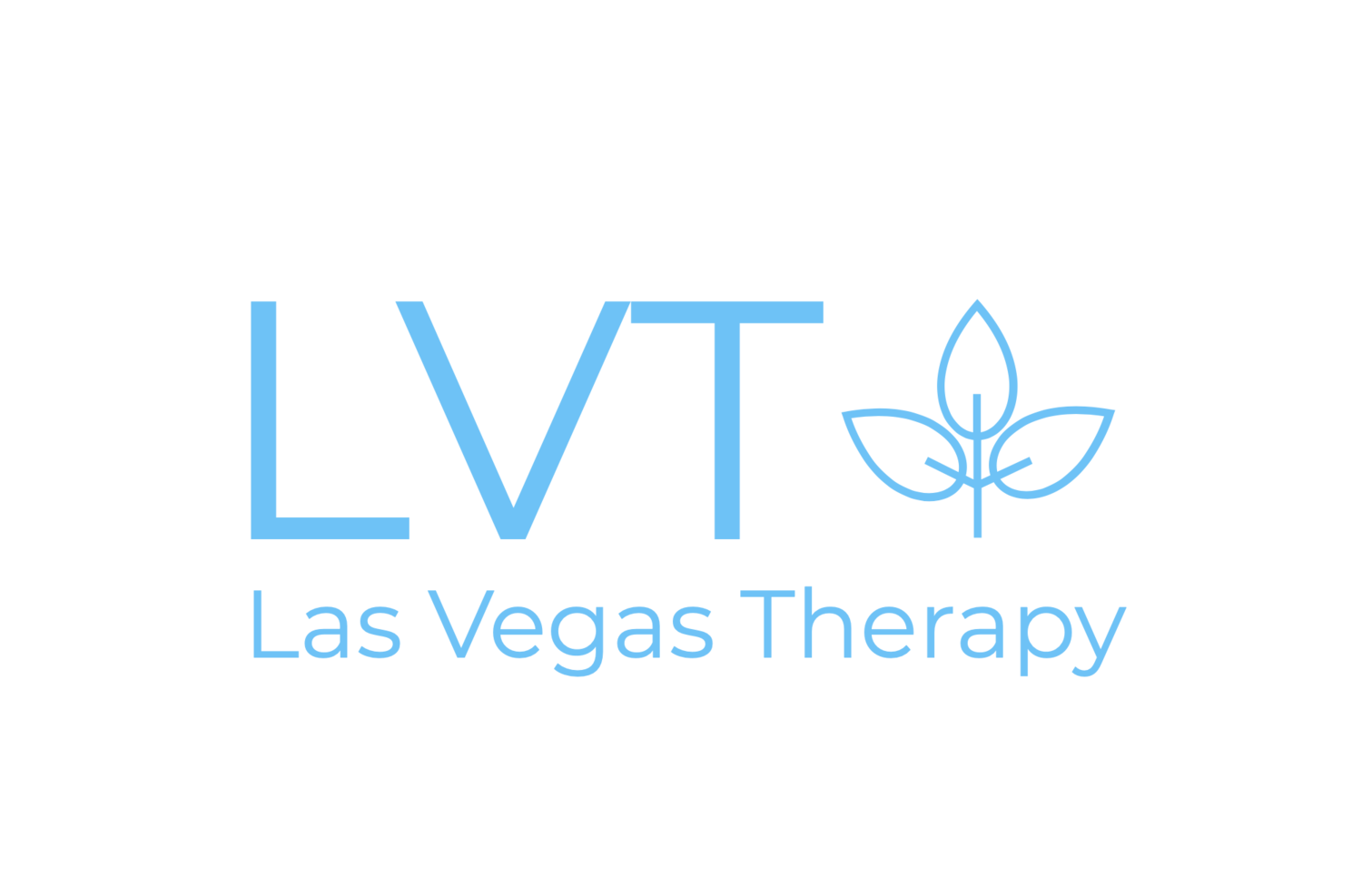Trauma and anxiety often go hand in hand. Trauma can have a profound impact on a person's mental health, leading to symptoms like anxiety and depression. Understanding the connection between trauma and anxiety is an important step in managing these symptoms and healing from the effects of trauma.
Trauma can come in many forms, from experiencing a natural disaster to living through abuse or neglect. When someone experiences trauma, their brain's stress response system is activated, leading to a flood of stress hormones like cortisol and adrenaline. This can lead to symptoms like hypervigilance, flashbacks, and avoidance behaviors. Over time, this chronic activation of the stress response system can lead to anxiety disorders.
The link between trauma and anxiety is particularly strong when it comes to post-traumatic stress disorder (PTSD). PTSD is a type of anxiety disorder that develops in response to a traumatic event. People with PTSD may experience symptoms like intrusive thoughts, nightmares, and flashbacks, all of which can be extremely distressing and interfere with daily life.
While not everyone who experiences trauma will develop PTSD, many people will experience some degree of anxiety as a result of their trauma. This is why it's so important to seek help if you've experienced trauma, even if you don't have a formal PTSD diagnosis.
If you're struggling with anxiety as a result of trauma, there are several strategies that can help. Therapy, particularly trauma-focused therapy, can be very effective in helping people process their trauma and reduce anxiety symptoms. Techniques like cognitive-behavioral therapy (CBT) and eye movement desensitization and reprocessing (EMDR) have been shown to be particularly effective in treating trauma-related anxiety.
Other strategies that can help include mindfulness meditation, exercise, and self-care. Mindfulness can help you become more aware of your thoughts and feelings, which can help reduce anxiety. Exercise has been shown to be an effective way to reduce stress and anxiety, and self-care activities like getting enough sleep, eating a healthy diet, and spending time with loved ones can also help reduce anxiety symptoms.
If you're struggling with anxiety as a result of trauma, know that you're not alone. There is help available, and with the right strategies and support, you can learn to manage your anxiety and heal from the effects of trauma.

